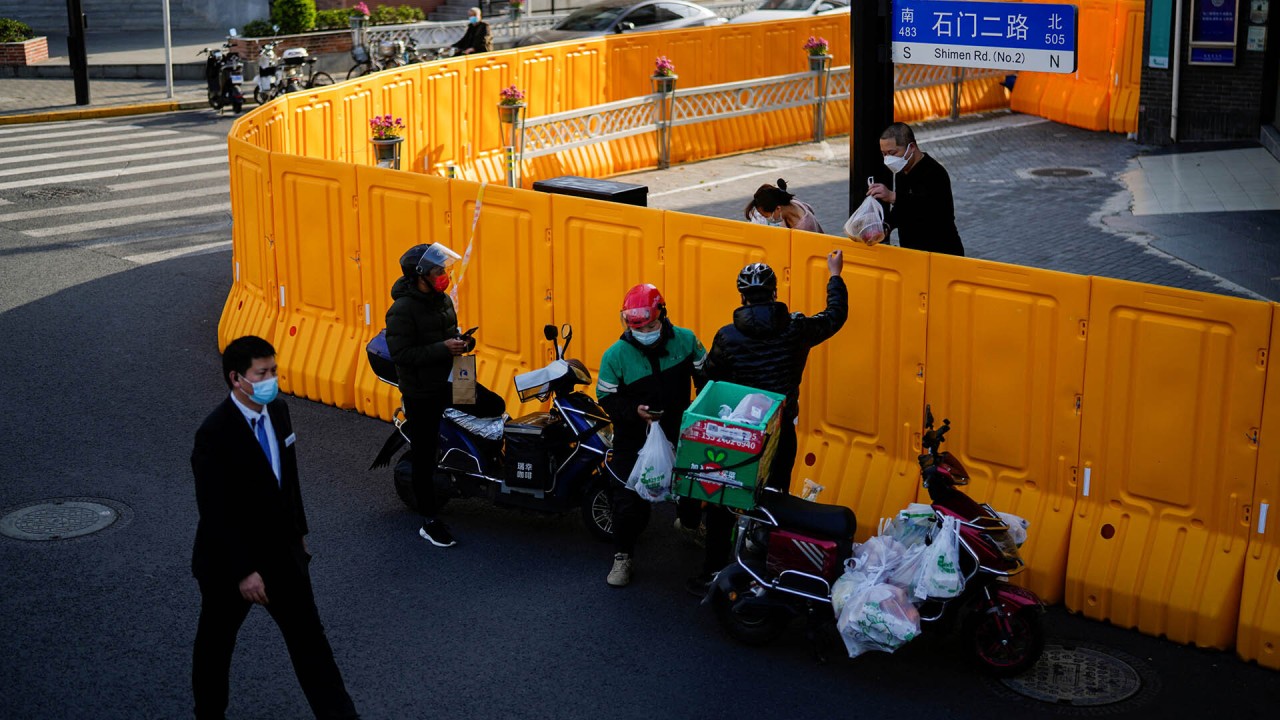China’s European firms warn ‘on-off economy’, Covid lockdowns cloud business outlook
- Beijing’s zero-tolerance Covid policy has resulted in strict lockdowns and mass testing in major cities such as Shanghai, where EU firms have Asia headquarters
- As long-term strategy for dealing with the virus appears to be unclear or perhaps unsustainable in China, European businesses say more needs to be done

European businesses in China are crying out in the face of supply-chain disruptions and a growing disconnect from their customers and headquarters, as the nation’s prolonged zero-Covid campaign makes their daily operations “unplanned and unpredictable”.
“[Member companies] are mostly concerned about the future, because they don’t see a strategy that will end this kind of on-off economy,” Harald Kumpfert, who chairs the European Union Chamber of Commerce in China (EUCCC) Shenyang chapter, said on Wednesday during a media event.
“We need the business environment to become again predictable – an environment that is conducive for planning – and a clear strategy to get out of the Covid situation, and with better vaccinations and with other measures,” Kumpfert said.
Christoph Schrempp, chair of the chamber’s Tianjin chapter, said that 70 per cent of its member companies were not really able to meet with customers, and were effectively decoupling from the operations of their headquarters abroad.
“If you are not able to really reach out to your customer and stay in close contact with them, that might lower your business perspective. For sure, we still suffer from the very stringent visa and travel restrictions,” he said.

